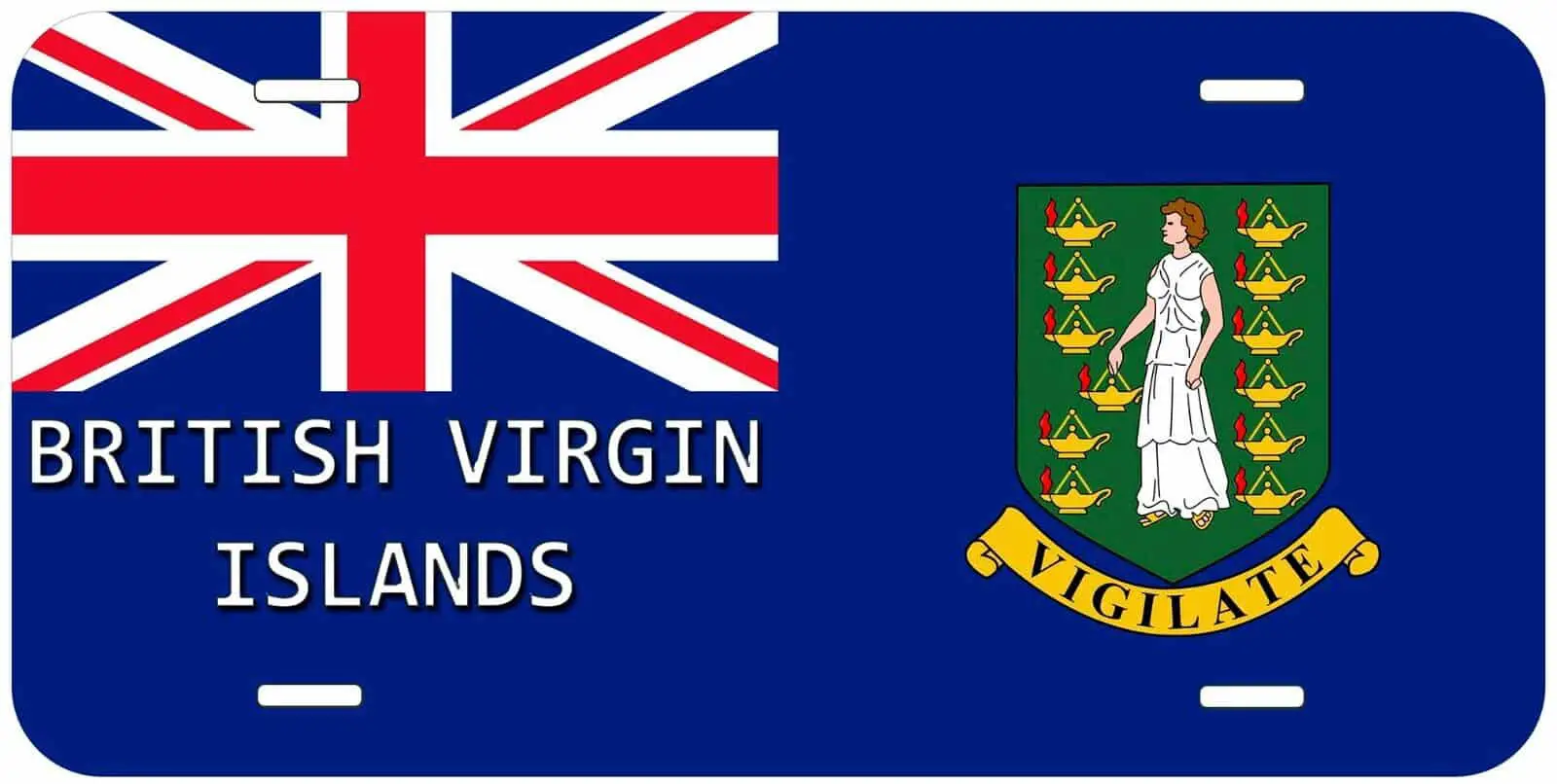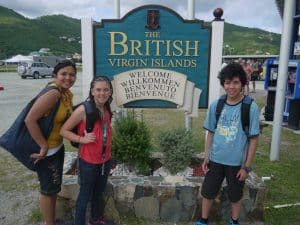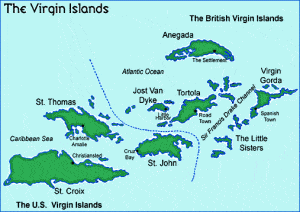Headlines
Virgin Islands British Population, Official Language And More.

The Dutch established a permanent settlement on the island of Tortola by 1648. In 1672, Britain took control of the islands. The British Virgin Islands were administered variously as part of the British Leeward Islands or with St. Kitts and Nevis, with an administrator representing the British Government on the islands. The islands gained separate colony status in 1960 and became autonomous in 1967.
In conclusion, The British Virgin Islands has a rich history that spans over centuries. From its pre-Columbian Amerindian settlement to its current status as a modern state, it has undergone significant changes that have shaped its identity and culture.

Virgin Islands British map

Virgin Islands British map
The Population
The British Virgin Islands has a population of approximately 30,000 people. The majority of the population is of African descent, with smaller populations of people of European, Indian, and mixed-race descent.
The Landmark
The British Virgin Islands is known for its beautiful beaches, crystal-clear waters, and stunning landscapes. One of the most famous landmarks in the British Virgin Islands is The Baths, a geological wonder located on the island of Virgin Gorda. The Baths are a series of giant granite boulders that form natural tidal pools, grottos, and tunnels.
The Official Language
The official language of the British Virgin Islands is English.
The Culture
The culture of the British Virgin Islands is a blend of African, European, and Caribbean influences. Music and dance are an important part of the culture, with calypso and reggae being popular genres. The islands also have a rich tradition of storytelling and oral history.
The Economic Stability
The economy of the British Virgin Islands is heavily dependent on tourism and financial services. The territory has a well-developed offshore financial sector that provides services to clients around the world. Tourism is also an important industry, with visitors attracted to the islands’ natural beauty and warm climate.
The GDP
The British Virgin Islands has a GDP of $500 million as of 2017. The GDP per capita is $34,200.
The Currency
The official currency of the British Virgin Islands is the United States Dollar (USD).
The Food
The cuisine of the British Virgin Islands is a blend of African, European, and Caribbean influences. Seafood is a staple food, with fish and conch being popular dishes. Other local delicacies include fungi, a cornmeal-based dish, and goat water, a hearty stew made with goat meat.
Major Cities
The British Virgin Islands has only one major city, which is Road Town. It is located on the island of Tortola and serves as the capital of the territory.
Major Airport, Sea Port and Schools
The Terrance B. Lettsome International Airport is the main airport serving the British Virgin Islands. It is located on Beef Island, which is connected to Tortola by a bridge.
The main sea port in the British Virgin Islands is Port Purcell, which is located in Road Town on Tortola.
There are several schools in the British Virgin Islands, including primary schools, secondary schools, and tertiary institutions. Some of the notable schools include Cedar International School, Elmore Stoutt High School, and H. Levity Stoutt Community College.





